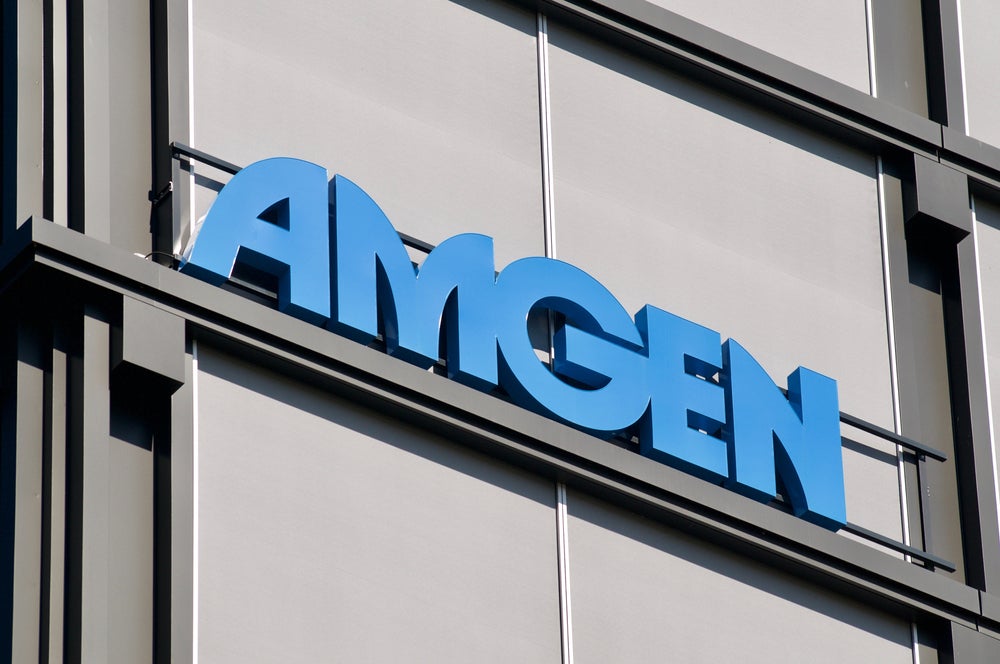Amgen has announced a total revenue of $8.5bn in Q3 2024, a 23% increase from a $6.9bn revenue in the same quarter of last year.
The growth is driven by increased product sales by 24%, which included ten products delivering a sales growth in double-digits at minimum, as per a 30 October press release. These products included Repatha (evolocumab), Tezspire (tezepelumab-ekko), Evenity (romosozumab-aqqg), Tavneos (avacopan), and Blincyto (blinatumomab).
A 17% growth was seen across Amgen’s innovative oncology portfolio as well as a 21% year over year (YOY) growth and a $1.2bn Q3 revenue was recorded across the rare disease portfolio, said Robert Bradway, chairman and CEO of Amgen in the 30 October conference call.
The sales growth was driven by Tavneos, Tepezza (teprotumumab-trbw), Krystexxa (pegloticase) and Uplizna (inebilizumab-cdon), the latter three inflammatory treatments being acquired in October 2023 when Amgen bought Horizon Therapeutics for $27.8bn. The deal with the Horizon was finalised a month after both parties settled an administrative lawsuit with the US Federal Trade Commission (FTC) in September 2023.
Following the acquisition of Horizon and the “mechanistic repositioning” of Tepezza, Amgen has launched multiple new projects in rare disease, said CSO Jay Bradner in the conference call. Amgen has since established a rare disease initiative with dedicated leadership in rare disease drug development and will ultimately “more than replenish the rare disease mid- and early-stage pipeline in the years to come”, Bradner added.
Despite reaping success from the trio of rare disease products gained through Horizon, Amgen also whittled its rare disease portfolio by discontinuing the study of its lysophosphatidic acid receptor 1 (LPAR1) antagonist, fipaxalparant, in patients with idiopathic pulmonary fibrosis. The decision was made after a Phase II study of the drug failed to achieve any of its primary or secondary endpoints. The candidate is still being evaluated for the treatment of diffuse cutaneous systemic sclerosis.
Amgen also expects to share topline data from the anticipated Phase II study of MariTide (maridebart cafraglutide) in late 2024. The Phase II study is being conducted in adults who are overweight or obese, with or without type 2 diabetes mellitus (T2D).
The company is actively planning and on track to initiate a broad Phase III program in obesity, obesity-related conditions and T2D, said Bradner.









